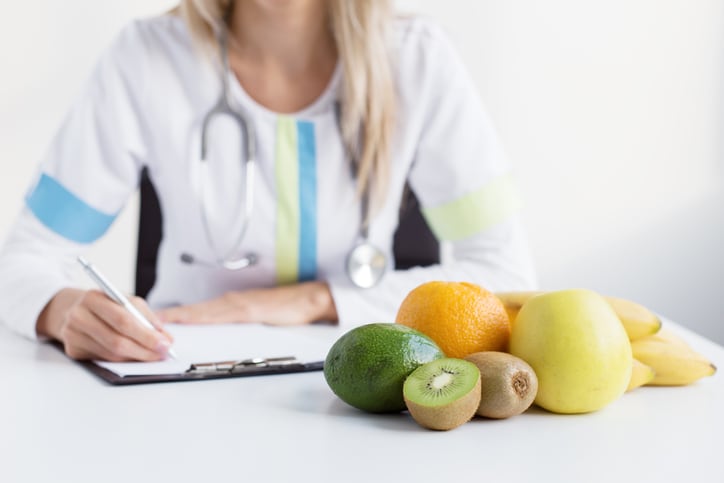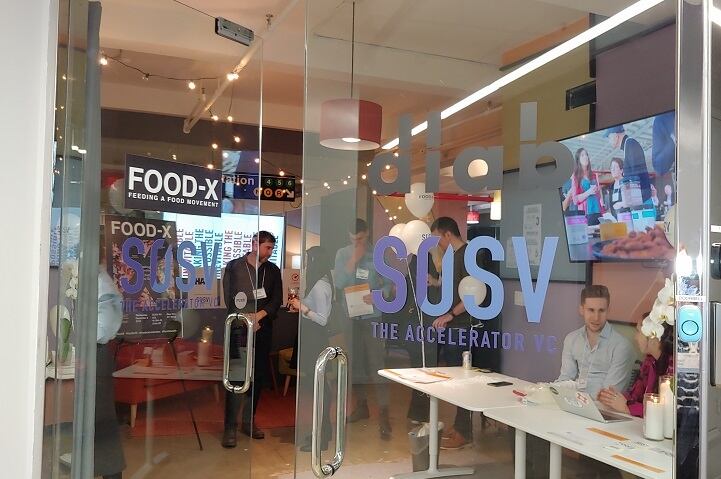The coronavirus pandemic “has really made stark the connection between food and health and nutrition and health,” Devon Klatell, managing director of the Food Initiative at The Rockefeller Foundation, told stakeholders gathered virtually earlier this month by the Connected Women Leaders and CARE.
Noting that 94% of deaths from COVID-19 are among individuals with an underlying health condition, the vast majority of which are diet related, Klatell explained that “generally the sense is that if we had a healthier population in the US, we would see less devastating affects from this virus. And so, we absolutely need to integrate food security and nutrition security into our health care system and as part of health provision in this country.”
The Rockefeller Foundation is advancing this call to action by supporting produce prescriptions that allow families to obtain benefits – or prescriptions – from their health care providers for healthy food, the cost of which is partially covered by insurance.
“Experiments” supported by Rockefeller with Geisinger Health in Pennsylvania, DC Greens in Washington, DC, and Blue Cross / Blue Shield in North Carolina have returned “excellent” results with pre-diabetic populations who receive prescriptions for healthy food seeing statistically significant lower hemoglobin A1C levels, helping to solve diabetes before it occurs, Rajiv Shah, president of the Rockefeller Foundation said in a Chronical of Philanthropy podcast earlier this year.
This is a trend that is being embraced by some meal delivery services and CPG players, as well.
The Rockefeller Foundation also is helping to reinforce the nutrition security system by directly supporting school nutrition programs and districts that continue to serve millions of meals to children even though schools are closed due to the pandemic, added Klatell.
“Schools are anchors of community nutrition and … when schools closed this spring, we really saw the bottom fall out in terms of the nutrition security rates,” Klatell said. She added that while the Rockefeller Foundation is helping schools provide reliable nutrition during the pandemic, more needs to be done.
“Here in the US this spring we have seen every measure of child hunger at a level that we have never seen before. The highest level in decades, and the highest level we had seen since we started collecting data via this survey for more than 20 years,” with nearly one-third of households with children reporting in April they were unable to buy the amount or quality of food they wanted, Klatell said.
“Mothers with children – particularly young children – disproportionately suffer from nutritional insecurity in the United States and … equally galling is that the rate of nutrition insecurity is much higher among Black, Indigenous and Hispanic populations in the US is up to two to three times higher than white populations,” she added.
Given the need far outpaces what Rockefeller Foundation along can address, Klatell said “we absolutely need public programs to be expanded and extended in this moment to make sure that the programs continue, even as school closures are forecast to be sporadic over the next year and beyond.”




